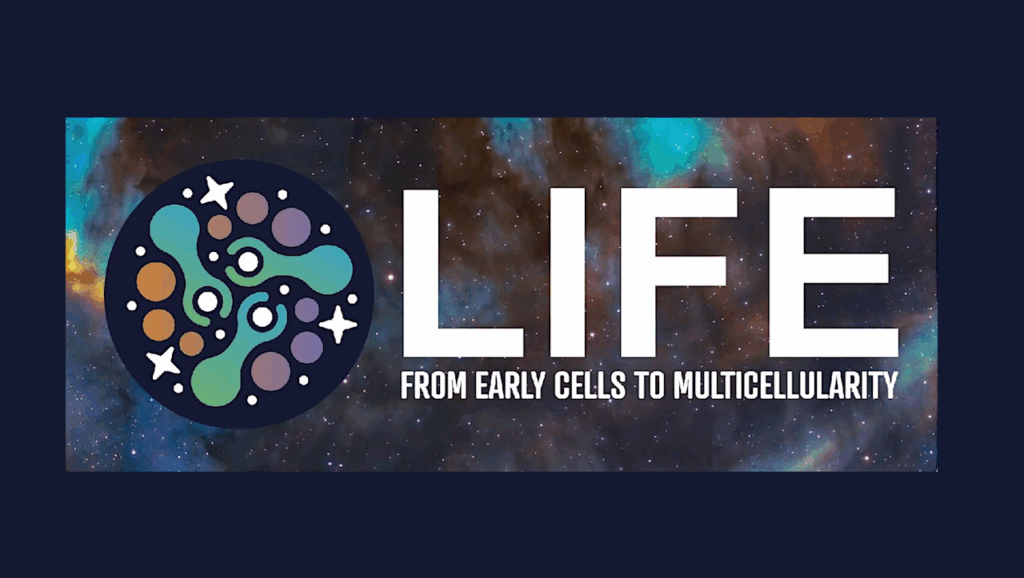Second Early-Career Astrobiology Research Focus Group (RFG)
In April 2010 a group of early-career astrobiologists (graduate students and postdocs) spent two days engaged in intensive brainstorming at the second Early-Career Astrobiology Research Focus Group (RFG). The goal of the RFG was to foster interdisciplinary collaborative work in a simulated proposal submission process. Students arrived at two airports near Houston, Texas on Friday April 23rd and gathered in vans to drive to the remote Crockett Family Resort located in Crockett, TX. Participants broke off into pre-assigned focus groups to spend the next two days planning, researching and presenting a novel and relevant proposal idea. On Sunday April 25th, after a day and a half of grant writing, reviewing, oral presentations and group discussions, the participants voted on the best proposals.
The RFG was a great success, exceeding all expectations. The 15 participants covered the full range of specialties relevant to astrobiology and represented different countries across North and South America, and Australia. Of the 15 participants 8 responded to our feedback survey. 50% of respondents had an ‘excellent’ experience, 25% had a ‘very good’ experience and the remaining 25% had a ‘good’ experience at the 2010 RFG. The RFG was highly successful in its original goal of strengthening interdisciplinary and international links between early-career astrobiologists (roughly 40% plan on continuing collaboration on their RFG proposal, while 25% plan on collaborating on their proposals depending on funding). Also as a result of the dedication and commitment shown by the participants, several original ideas for future research were generated.
The RFG workshop was entirely conceived and organized by early-career astrobiologists. The organizing committee for the second RFG consisted of lead organizers Jacob Haqq-Misra, (The Pennsylvania State University) and Julia DeMarines (University of Colorado at Boulder) with additional organizers Kennda Lynch (Colorado School of Mines) and Sarah Walker (Dartmouth). Jacob and Julia ran the workshop while other organizers participated in the focus groups. The NAI provided funding for the workshop, and both the organizers and participants would like to thank NAI, especially Melissa Kirven-Brooks, for their ongoing support of the early-career astrobiology community and for making the event possible.
The “RFG experience” began 1 week before the event, when the organizers put the participants into focus groups of 3 or 4 people who had similar research interests but different backgrounds, in order to ensure interdisciplinary collaboration. The groups were asked to initiate brainstorming and provide a two-sentence idea by breakfast of the first full day of the workshop. Each group was then given 12 hours to write the full proposal. The organizers peer-reviewed the proposals (as opposed to last year where participants peer-reviewed each other’s proposals) to give as much time to the groups to work on their presentations. All participants presented their proposals and subsequently voted to rank the proposals. Voting was individual and secret.
A list of the winning proposals and all the workshop participants can be found at the website: http://sites.google.com/site/abscicon2010rfg/ [Source: NAI Newsletter]







